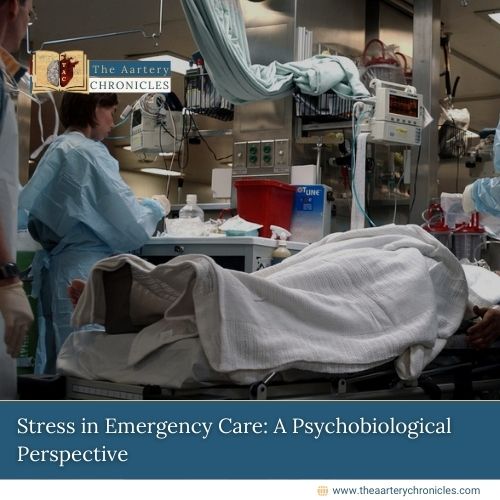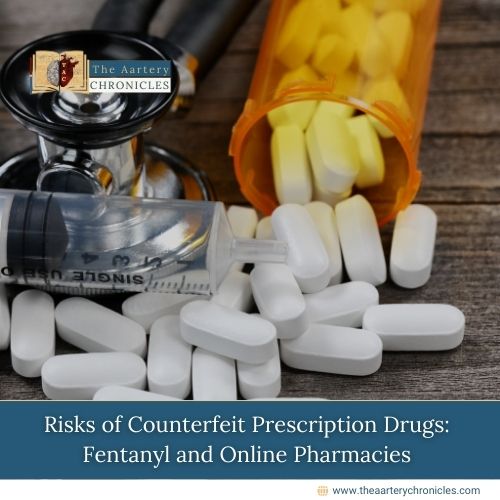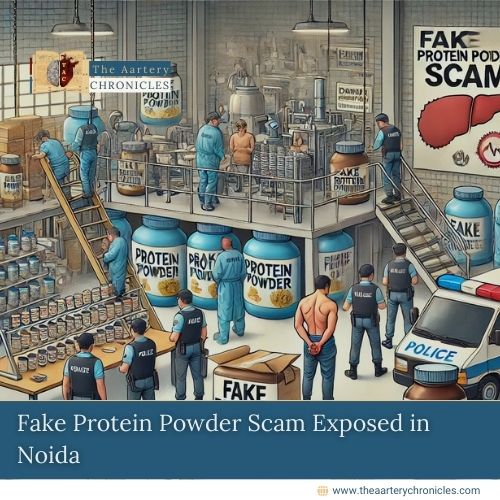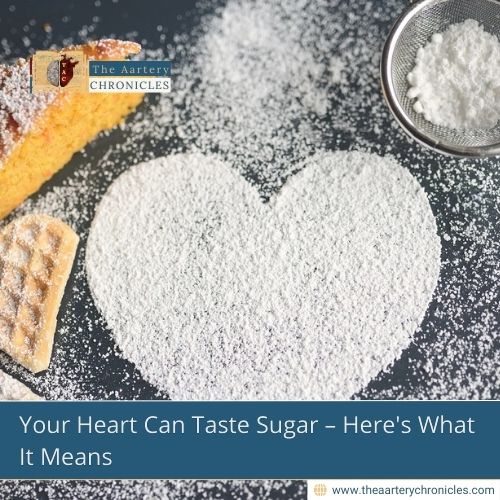
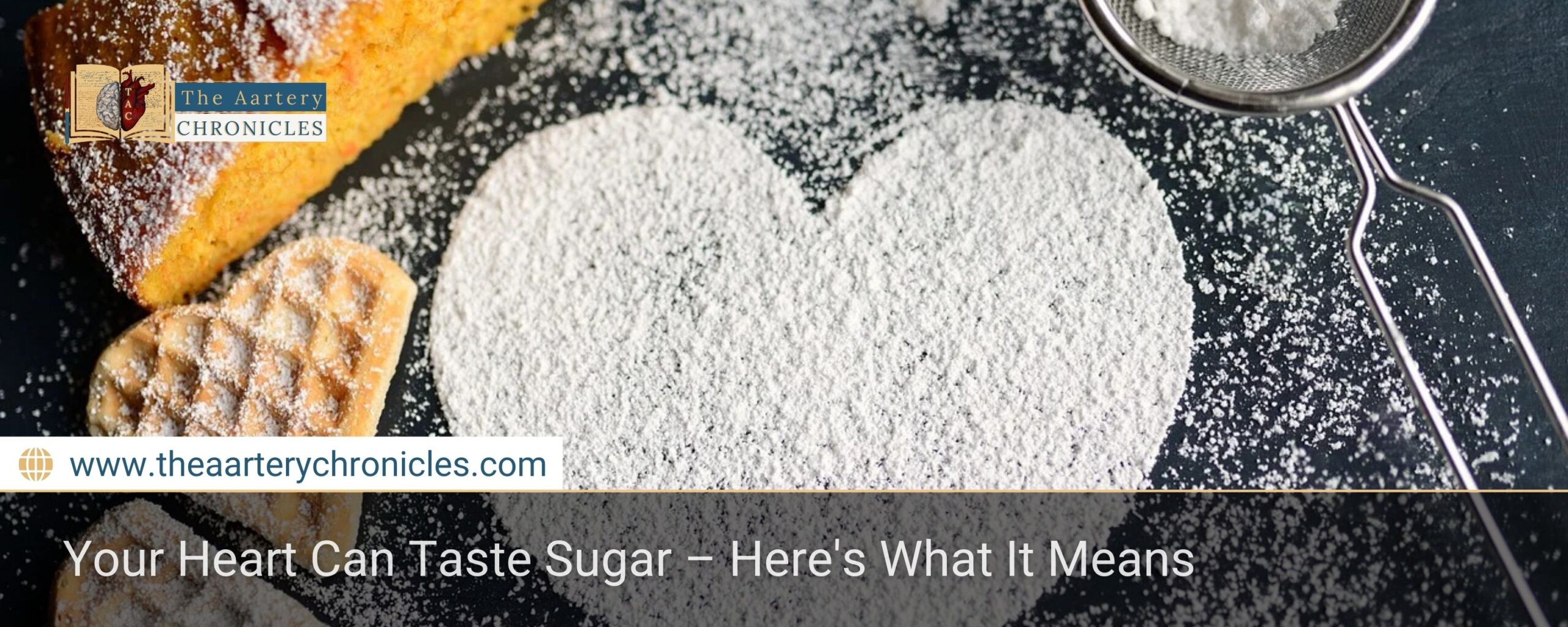
Your Heart Can Taste Sugar – Here's What It Means
New research has revealed that the human heart has “sweet taste” receptors similar to those on the tongue. These receptors can sense artificial sweeteners and influence heart function, shedding light on potential new treatments for heart disease.
Diplomatic Response and Student Protests
Scientists have identified specific taste receptors, known as TAS1R2 and TAS1R3, on the surface of heart muscle cells. These receptors are not just present but also actively involved in regulating heart function. The study, conducted at Loyola University Chicago, demonstrated that when these receptors are stimulated, they can alter the heartbeat.
How Do These Receptors Affect the Heart?
When researchers exposed heart cells from both humans and mice to aspartame—a commonly used artificial sweetener—they noticed a significant increase in the strength of heart muscle contractions. Additionally, the receptors influenced calcium handling, which is essential for maintaining a regular and healthy heartbeat.
Typically, heart rate and blood pressure rise after eating, which was previously thought to be due to nerve signals. However, this study suggests that a direct mechanism might be at play. When blood sugar levels rise after a meal, they may bind to these receptors, influencing heart activity directly.
Possible Link to Heart Disease
Interestingly, the study also found that these sweet taste receptors are more abundant in individuals with heart failure. This suggests a potential connection between these receptors and heart disease. Researchers observed that activating these receptors sets off a series of molecular changes that regulate calcium movement and muscle contraction within heart cells.
Artificial Sweeteners and Irregular Heartbeat
Another crucial finding of the study was that artificial sweeteners might contribute to heart rhythm disorders. Overstimulation of these sweet taste receptors, particularly by artificial sweeteners like aspartame, led to irregular heart activity, a condition known as arrhythmogenesis.
Future Implications and Next Steps
While these findings open up new possibilities for understanding heart function, further research is necessary. Scientists need to explore the long-term effects of stimulating these receptors and determine whether they can be targeted to support heart health, especially in cases of heart failure.
Conclusion
This study highlights an unexpected role of taste receptors in heart function. Understanding how these receptors interact with both natural and artificial sweeteners could lead to new treatments for heart conditions. However, more research is required to fully comprehend their impact on heart health.
Source: Inputs from various media Sources

Priya Bairagi
Reviewed by Dr Aarti Nehra (MBBS, MMST)
I’m a pharmacist with a strong background in health sciences. I hold a BSc from Delhi University and a pharmacy degree from PDM University. I write articles and daily health news while interviewing doctors to bring you the latest insights. In my free time, you’ll find me at the gym or lost in a sci-fi novel.


